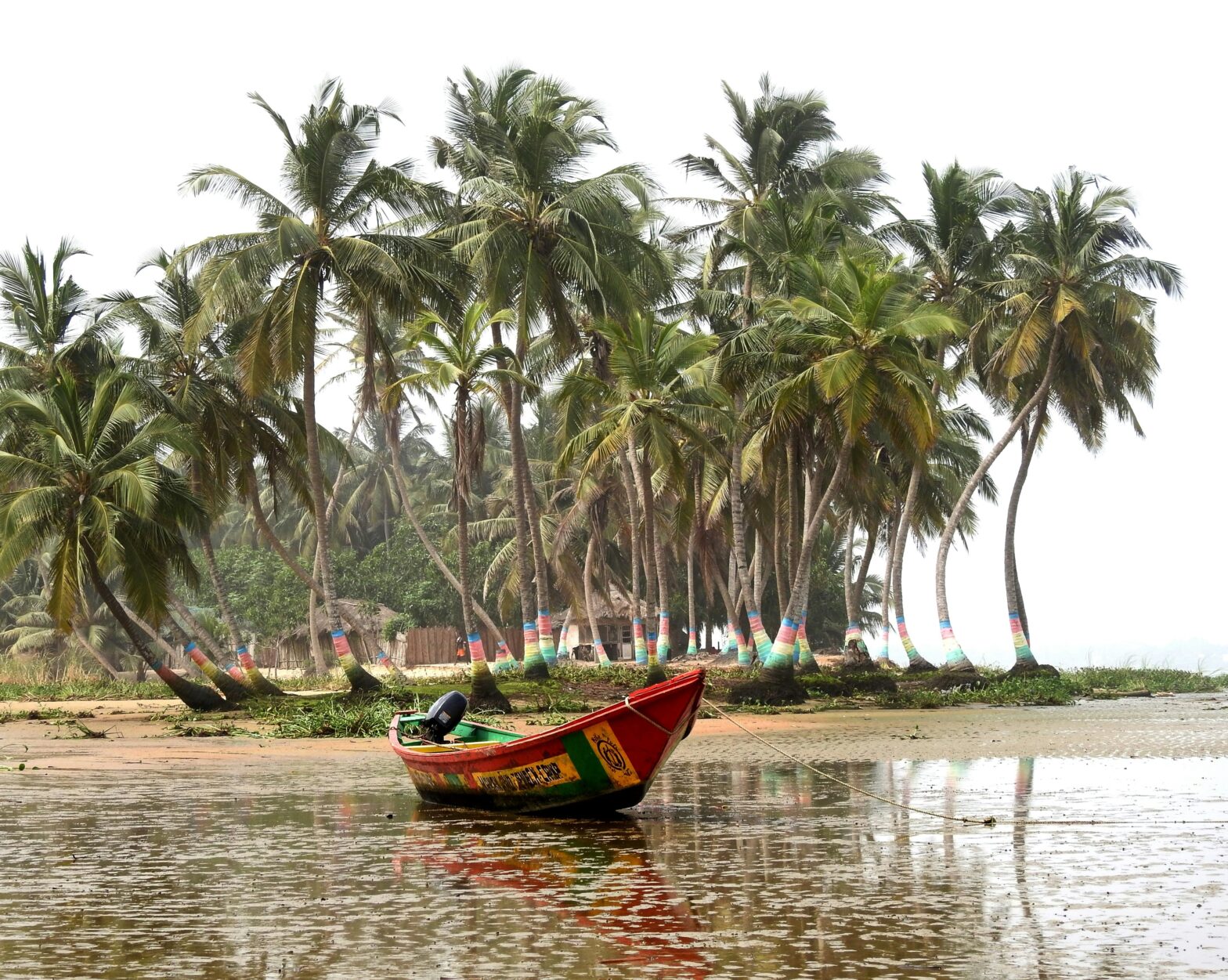For many African-Americans, a move to Ghana or Africa in general is the best response to the issues faced in America. It became a trend that culminated in 2019 with Ghana’s Year of Return, marking 400 years since the first enslaved people from Africa were brought to the Americas. In fact, Ghana has been playing an important role in this project.
On May 19th, Diallo Sumbry, an African-American entrepreneur in Africa, released A Smart Ghana Repatriation Guide, a book that intends to simplify the challenges of making a move to Ghana for business or repatriation.
Sumbry wants to use his voice, platform and network to promote and market Ghana and other West African countries as tourist destinations and investment opportunities. Also, he wants to equip people who want to establish a new life in the African country with all the necessary information.

A committee member of Ghana Tourism Authority Year of Return initiative, Sumbry was one of the architects who brought vision to the planning and development of the year-long calendar of activities which grossed an estimated $1.9 billion in revenue for Ghana. This work made him become Ghana’s First African American Tourism Ambassador.
The Smart Ghana Repatriation Guide also offers readers an accompanying “smart” virtual experience through the use of scannable QR codes embedded in the text connecting them to valuable resources and experts.
Travel Noire had the chance to catch up with Sumbry to learn more about the inspiration behind the book series:

Travel Noire: What made you decide to write a book on moving to Ghana?
Sumbry: I went to Ghana for the first time in 2014 for spiritual purposes. It was revealed to me while there that if I chose Ghana, I could find success. I started in tourism bringing groups back and forth which led to my involvement with the Year of Return as a co-architect. Over time, I’ve seen there are many people who want to change their relationship with America and move. And I saw there was a gap. I felt like I had experience, knowledge and connections. That’s why I really wanted to present something I thought it was different.
TN: What are the main challenges for African-Americans to establish themselves in Ghana?
Sumbry: Uncertainties on acquiring citizenship, discrepancies on buying land and challenges with investing and starting a business as a foreigner have all created challenges that have proved discouraging for many. It’s powerful to invite diasporans to come “back to Africa” but without providing proper guidance and support, repatriation to Ghana can result in unnecessary suffering and loss. Every challenge is an opportunity at a high level to solve it and scale it. If it works in Ghana, it can work throughout Africa. There are opportunities in every sector for the right people who can learn to maneuver the existing challenges and turn them into triumphs.
TN: Why did you choose Ghana as a hub for your business?
Sumbry: I would say that Ghana and I chose each other. Besides, Ghana has such an attractive location because it was the first independent African nation. Ghana has a long history in support of an alignment with African-American struggle to the Civil Rights movement. The country’s first president, Kwame Nkrumah (1909-1972), was educated at Lincoln University (HBCU) and he spent a lot of time talking to African American leaders about racial issues. He developed those ideas of creating an African independent country from his relationships with African-American.

TN: What line of business are you working in Ghana?
Sumbry: Besides tourism, I am also involved in agriculture, real estate and financial services. touch on this in A Smart Ghana Repatriation Guide, but more importantly I am also elevating other voices and trusted individuals in a number of industries.
TN: What is your view of Ghana and Africa in general in terms of generating business?
Sumbry: Africa is the future that’s why everybody wants a piece, but it’s not for the faint of heart. You need to be committed, and you need to spend a considerable amount of time on the ground.
TN: How has the tourism industry evolved in Ghana in recent years?
Sumbry: I think the Year of Return was great start for Ghana. The Minister of Tourism, Ibrahim Mohammed Awal, recently announced a new domestic tourism campaign which I think is needed and a great effort. The pandemic put a pause in the world but right after the Year of Return, it hurt. I think Ghana can and will rebound well in the next few years, but there is still ample space and opportunity for every segment of the tourism sector— especially eco-tourism.





